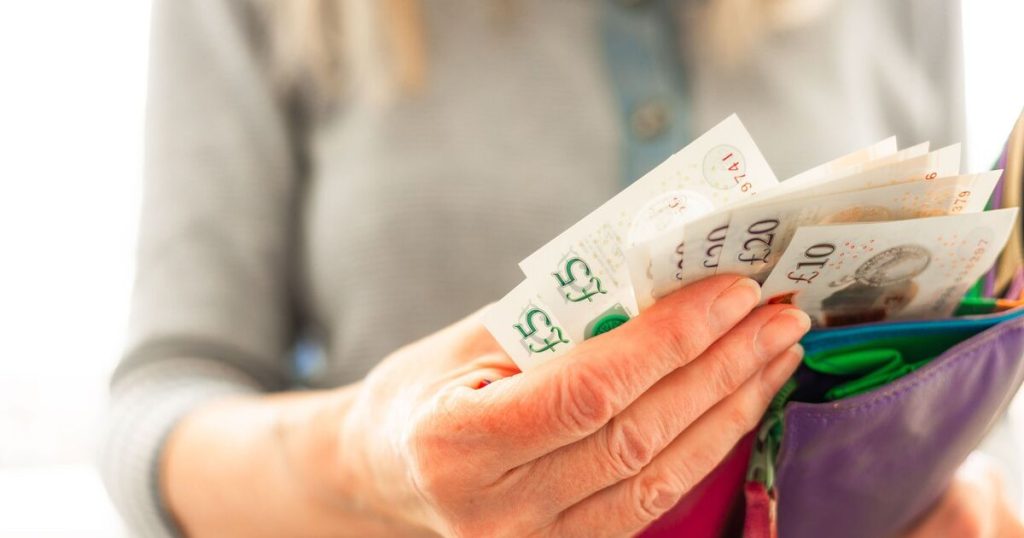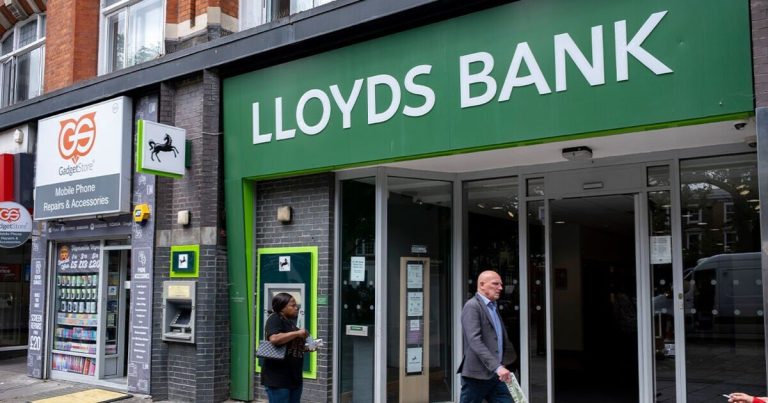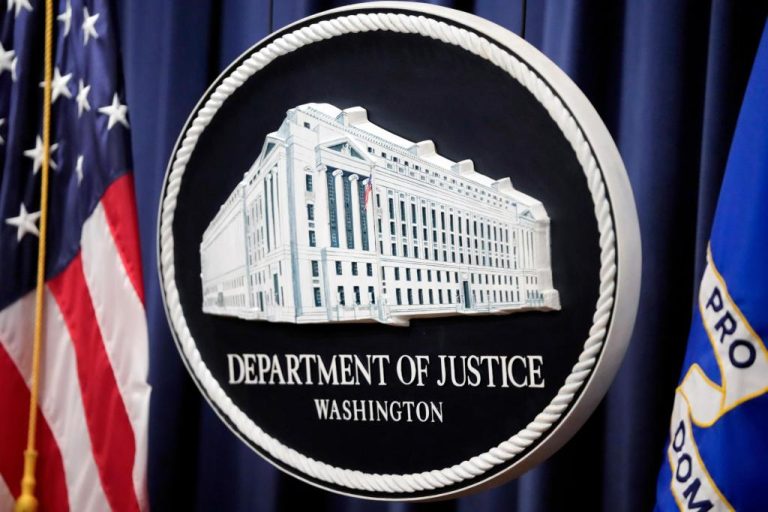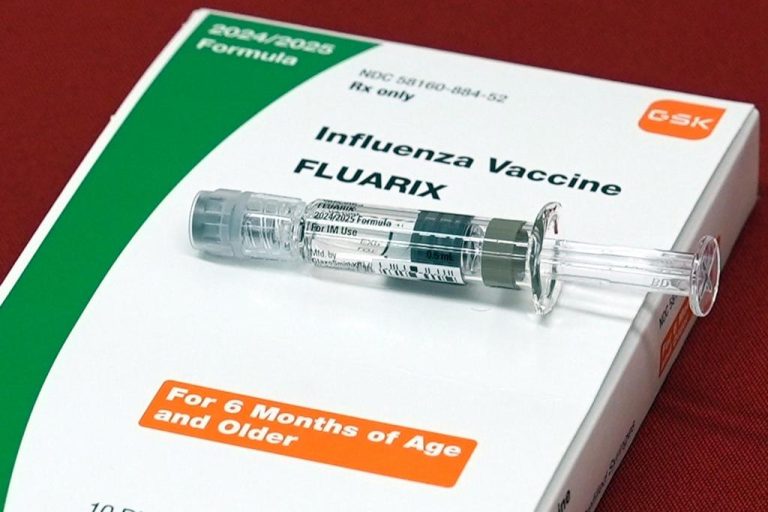
With essentials pricier than ever, rising energy bills, and inflation accelerating to 2.3% in October, millions across the UK are feeling the squeeze.
For many, knowing exactly when financial support will arrive is vital for managing monthly budgets.
While benefit payment dates typically follow a set schedule, bank holidays can cause shifts – and December has two to consider.
To help you stay prepared, here’s a breakdown of the key payment dates and support available in the coming month.
Benefit payment dates in December
The date benefits are paid depends on the type of benefit and when a person started claiming.
Attendance Allowance, Disability Living Allowance, Pension Credit, Personal Independence Payment (PIP), and the state pension are usually paid every four weeks.
Employment and Support Allowance, Income Support, and Jobseeker’s Allowance are usually paid into accounts every two weeks.
Carer’s Allowance is usually paid weekly in advance or every four weeks. Meanwhile, Child Benefit is also usually paid every four weeks. Although, this can also be paid weekly to single parents, or if they or their partner get certain benefits.
Tax Credits, such as Working Tax Credits and Child Tax Credits, are usually paid weekly or every four weeks.
Maternity Allowance is paid every two or four weeks, and Universal Credit is paid every month.
People can work out their next benefit payment date based on this information, by checking when they last received one.
There are two bank holidays in December – Christmas Day and Boxing day – which are due to fall on Wednesday 25 and Thursday 26 next month.
This means benefit claimaints who are due to receive their payments on either of these days will receive the cash on the working day before, which will be Tuesday, December 24 (Christmas Eve).
If a payment date is due to fall on a weekend, people are also usually paid on the working day before.
An analysis by Policy in Practice found the total amount of unclaimed welfare benefits and support has increased to £22.7billion, up from £19billion last year.
The report estimates that over eight million people could be missing out on an average of £2,700 per year in rights-based benefits.
A number of benefit calculators are available, such as those of Turn2us and Policy Practice, for people to check if they could be entitled for more support they aren’t aware of.
Household Support Fund
The Household Support Fund, now in its fourth year, helps vulnerable households cover essentials like groceries, toiletries, and energy bills.
The Government has added £421 million to the fund, available from October 1, 2024, to March 31, 2025, with local councils deciding how to distribute it based on community needs and population.
Previous examples of how councils have used the fund include Birmingham City Council offering grants of up to £200 and Plymouth providing eligible residents with vouchers worth up to £740.
To find out what’s available locally, people can check their council’s website or contact their office.
Warm Home Discount
The Warm Home Discount, provided by the Department for Work and Pensions (DWP) and worth £150, is applied directly to the bills of eligible vulnerable Britons whose energy providers participate in the scheme.
The scheme began in October, with payments starting in November. Most eligible households will receive a confirmation letter between November and January.
Those who live in England and Wales can qualify if their energy provider is part of the scheme and they either:
Low-income benefits that may be eligible include Universal Credit, Income Support, Housing Benefit, and Tax Credits.
Winter Fuel Payments
Eligible pensioner households will start to receive their Winter Fuel Payments from this week, which are worth up to £300 to put towards heating bills.
The vast majority of these payments will land in pensioners’ bank accounts automatically. The value of a Winter Fuel Payment is £200 for people born between September 23, 1944, and September 22, 1958, and £300 for those born before September 23, 1944.
The payment will be credited to bank accounts from November 25 with the payment reference beginning with the customer’s National Insurance number followed by ‘DWP WFP’.
Those who do not receive a payment by January 29, 2025, should contact the department.
The Winter Fuel Payment became means-tested this year, which means millions of pensioners have been stripped of the support. People now only qualify if they receive certain benefits, such as Pension Credit.
With hundreds of thousands thought to be eligible but aren’t claiming, the Government is continuing to urge pensioners on a low income to apply for Pension Credit before the December 21 deadline. All eligible claimants would receive up to £300 with the Winter Fuel Payment as well as any backdated Pension Credit arrears where applicable.







